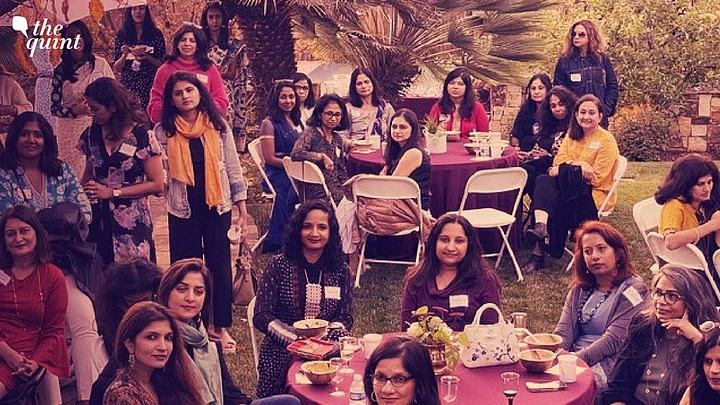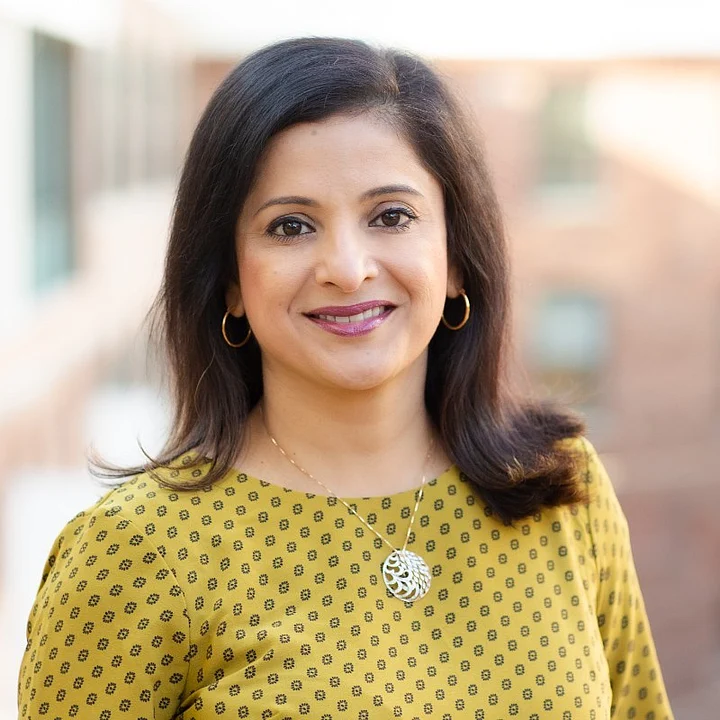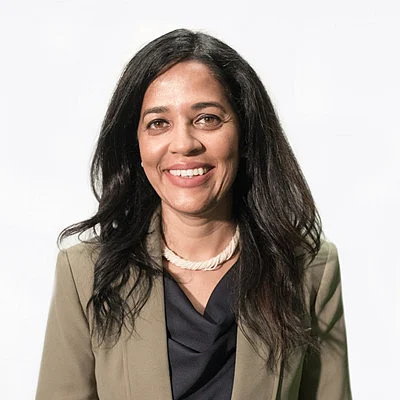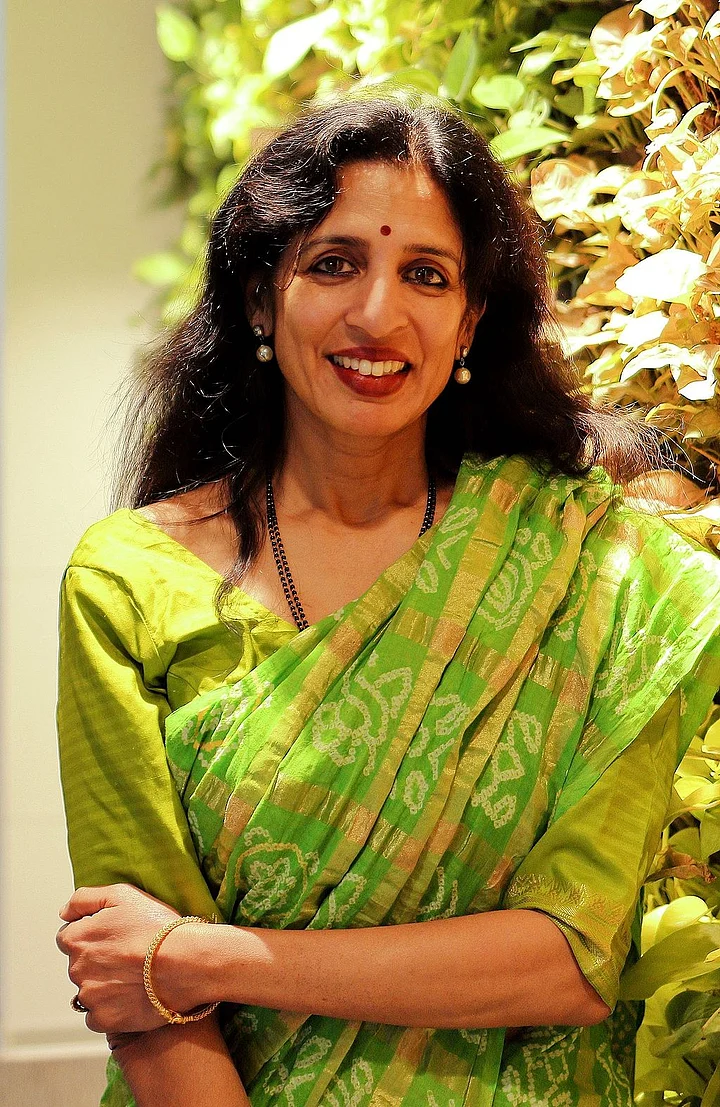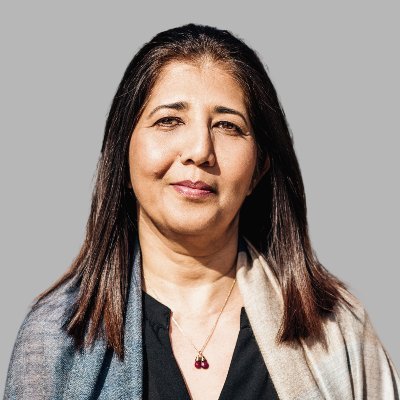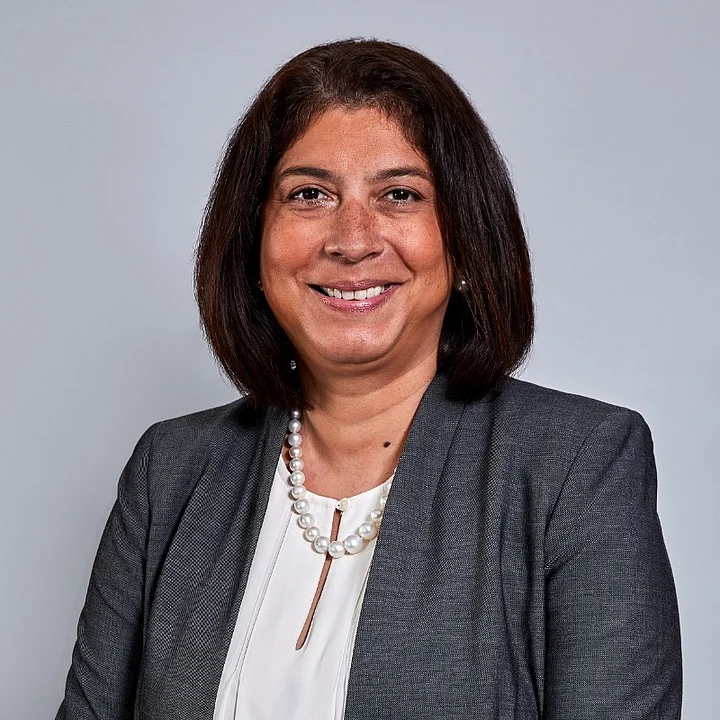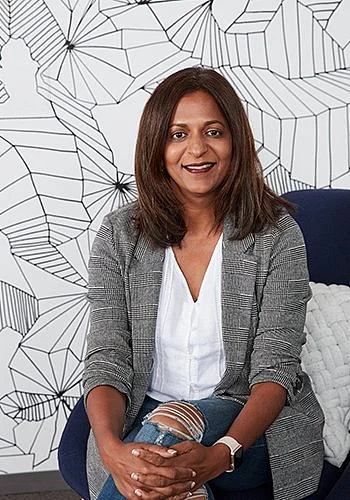"Indian American men (CEOs/corporate leaders) have definitely made a name for themselves. One can seek inspiration, but it hasn’t helped South Asian American women. In fact, being clubbed together is a bit of a detriment, because the perception is that South Asian women are equally successful and we don’t have challenges. We are not seen as disadvantaged!" says Mythili Sankaran, the CEO and co-founder of Neythri (a global community of South Asian professional women), referring to why being in the 'model' Indian American community does not make it any easier for women aspiring for the corporate top.
She goes on to explain socio-cultural challenges South Asian American women executives face. "There is a stereotypical, cultural expectation that irrespective of academic and career credentials, we are expected to be the model wife, daughter, daughter-in-law, mother, etc. American women don’t face such expectations! Many of us fall for that. The onus on us is very high," says the San Francisco Bay Area-based Sankaran.
The ascent of the Indian American CEO seemed complete when Parag Agrawal joined the stratosphere of Nadella, Pichai, Narayanan, and Krishna – desi men leading Global Inc – and now Raj Subramaniam is alongside. But how about Indian American women CEOs?
Yamini Rangan is the CEO of HubSpot, a software company worth over $40 billion (December 2021)
Revathi Advaithi is the CEO of Flex, an electronics manufacturer with operations in 30+ countries and over 200,000 employees
Jayshree Ullal is the billionaire CEO and President of Arista Networks, a software company pegged at over $42 billion
Shar Dubey runs Match Group, an online dating company priced over $30 billion
Reshma Kewalramani is the CEO of Vertex Pharmaceuticals, a biotech company valued more than $65 billion
Sonia Syngal is the president and CEO of Gap Inc
'It's Not Enough'
These dynamic few have reached the top of the ladder, with some more on way.
"It's not enough," says the COO of Zoom, Aparna Bawa. She adds that the trend that impacts most executives across the globe is to hire people like themselves.
"You tend to hire people who come from the same background, talk like you, eat the same food. When you have people who look like me, it is harder to hire. We need more people to be intentionally conscious and hire accordingly. In Silicon Valley, there are more male Indian executives. It comes back to – do you see yourself in the ranks," says Bawa, who now helps mentor other women.
The Numbers Behind Male Dominance in Company Leadership
The success of their men hasn't been a privileged stepping stone for Indian American female executives in a country where only a fraction of women reach the C-suite.
A 2021 report, 'Women CEOs in America' by Women Business Collaborative, showed that only 8.2 of percent Fortune 500 CEOs were women, in spite of making up more than 50 percent college-educated workers. Women make up only 20 percent of directors of public companies in the US, but comprise over half the population and make upwards of 70 percent of purchasing decisions. Ninety-two percent of investors are men and 98 percent of investments go to men.
"Men are 63 percent more likely to raise funds than women, everything else remaining the same. You enter the field knowing that you have to be 3X better. We are held to a higher standard than our male counterparts. This is why we aren't seeing more women in these roles," says Neha Sampat, CEO of Contentstack, who raised $31.5 million – one of the largest rounds in the enterprise SAAS space raised by a woman. The company raised $57.5 million more in 2021.
Along with top executive positions, board rooms remain elusive for women, where Founders, CEOs and top operational leaders make all significant decisions, including top hires.
The CTO and EVP of Autodesk, Raji Arasu serves on the board of directors at MediaAlpha Inc. She has seen an uptick in outreach but knows that there is a lot more room for representation of South Asian women on corporate boards.
"Investors want to find those with experience in tech and operational backgrounds. Coloured women in tech who make it to executive roles is a very small number. When you want all of these criteria from among a small set of people, it is like finding a unicorn," says Arasu.
To create more unicorns, what South Asian American women need is access, which is hard as men have dominated the ecosystem for years.
Recognising the need to address leadership through the lens of the global South Asian female, Neythri came up as a non-profit forum where desi women network for career growth.
“An unmet need, in product speak it is a great product-market fit. Focus is on professional leadership development, training for board readiness, connection building events, mentoring to negotiate and communicate,” says Sankaran, its Co-Founder, along with Chitra Nayak and Sruthi Ramaswami.
Founded in 2021, Neythri which means female leader in Sanskrit, has quickly swelled into a large community. Established leaders like Zoom’s COO Aparna Bawa, HubSpot’s CEO Yamini Rangan, Checkpoint Software Technologies’ Rupal Shah Hollenbeck, and Shalini Govil-Pai the VP & GM of TV@Google, are members.
Desi Women & Imposter Syndrome
Neythri founders' extensive corporate and investment expertise made them realise that it was imperative to shift the boy’s club paradigm, says Sankaran.
"Usually men are in living rooms networking, while women gather in kitchens conversing about kids. Women never talk shop. There is a tremendous mindset among educated women to adhere to the stereotype. I want to shatter that. We focus on career growth intentionally," she adds.
Sankaran also asserts that there are certain desi traits that need unlearning for further success.
"Women in general and exaggerated in case of South Asian women executives is – imposter syndrome. Another is the hesitation to take risks. A distinct nuance is that South Asian women don't invest in professional development, even at nominal cost. Then there is a lack of role models, the ability to see others at the top who look like you. Often, accomplished members have shared being inspired by South Asian achievers. Hence we do a lot of amplification of our leaders."
Neythri Futures Fund
To tap into the growing base of South Asian American female executives and address the equity gap in venture, Neythri Futures Fund was launched.
The $10 million fund is the first of its kind, offering its main stakeholders – South Asian women – participation in investment opportunities and foster another generation of desi women founders.
Their community is 2200+ strong and intends to change the statistic that only one out of 400 venture partners in the US is a South Asian woman. 80 percent of the fund’s limited partners are South Asian women, including Sonia Bhanot, Founder/CEO of Y-Trap, Bhawna Singh, CTO of Glassdoor, and Silvia Ahmed, VP of Engineering at Veritas.
'No Excuses Anymore'
Very few male allies have been able to participate in the fund. Indiaspora’s Founder MR Rangaswami, a prominent entrepreneur, community builder and VC, became their first male investor. Indiaspora is a global network of Indian leaders and professionals committed to social change.
Their membership and events aspire for not only gender diversity, but also 50-50 equality. Rangaswami believes that needle is moving for South Asian women with more founders, senior executives at large companies, board members, and investors in their ranks.
These leaders will be catalysts in propelling more Indian American women to be CEOs, he says, "There are no excuses anymore that they are not qualified or not educated enough. The time is right for both public and private (companies) to consider women CEOs. 2022 is the right year for many more Indian women CEOs."
Achievements of pioneers like Indra Nooyi and Vinita Gupta created aspirations that continue to elevate others. Similar in education profiles, ambitious Indian American women now seek their own shot at career power, while navigating the intersection of gender, race, immigration, and culture.
(Savita Patel is a San Francisco Bay Area-based journalist and producer. She reports on Indian diaspora, India-US ties, geopolitics, technology, public health, and environment. She tweets at @SsavitaPatel.)
